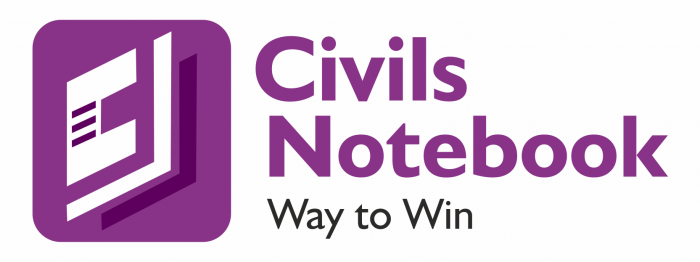Context
Recently, the third India-U.S. 2+2 ministerial dialogue between the foreign and defence ministers of India and the U.S. secretaries of state and defence took place in Delhi.
About 2+2 dialogue
- It is a dialogue between India and U.S., something similar to India-Japan dialogue.
- It is held between two significant ministries of Defence and External affairs.
- It will enhance the role of U.S. in Indo-Pacific.
- India has signed the Logistics Exchange Memorandum Of Agreement (LEMOA) in 2016 and the Communications , Compatability and Security Agreement (COMCASA) in 2018.
WHAT IS COMCASA, LEMOA AND BECA?
COMCASA
- It is one of the four fundamental agreements that signs with allies and close partners to facilitate interoperability between military and sale of high end technology.
- It is an INDIAN specific version of The Communication And Information On SecurityMemorandum Of Agreement (CISMOA).
- It is valid for 10 years and allows India to procure, transfer, specialised equipment for encrypted communications for US origin military like the P-813, C-130 and C-17.
LEMOA
- It is an India specific version of Logistics Support Agreement (LSA) of the US.
- It gives both countries access to designated military facilities on either side.
- It can be availed for the purpose of refuelling and replenishment in primarily four areas such as port calls, joint exercises, training and humanitarian assistance and disaster relief.
Basic Exchange and Cooperation Agreement (BECA)
- The Basic Exchange and Cooperation Agreement largely pertain to geospatial intelligence, and sharing information on maps and satellite images for defence.
- The signing of BECA will allow India to use the US’s advanced geospatial intelligence and enhance the accuracy of automated systems and weapons like missiles and armed drones.
- BECA will give access to topographical and aeronautical data and products that will aid navigation and targeting.
- BECA will provide Indian military systems with a high-quality GPS to navigate missiles with real-time intelligence to precisely target the adversary.
STATEGIC FOCUS OF THIRD DIALOGUE
- The centrepiece of the dialogue was the signing of Basic Exchange and Cooperation Agreement (BECA) for geo-spatial cooperation.
- This marked India’s entry as a full member into the select category of nations entitled to receive highly classified US defence and intelligence information.
- The two days meeting also discussed steps to take existing bilateral cooperation, including ‘’Military To Military Cooperation, secure communication systems and information sharing, defence trade and industrial issues’, to a new level.
- With the signing of BECA ,India is now a signatory to all US related foundational military agreements.
AN ADVANTAGE AT A PRICE
- By signing this agreement, India has became part of anti-china ‘Coalition of the Willing’.
- India could not maintain its strategic autonomy.
IMPACT ON CHINA , REGIONAL TIES
- CHINA: China-India relations have never been easy. Since,1988 ,India has pursued occasional problems. Even after Doklam in 2017, India saw virtue in the Wuhan and Mamallapuram discourses to maintain better relations.
- The invitation to Australia to participate in the Malabar naval exercise this year, to which the other two QUAD members (QUAD Members- India ,Australia, Japan and US) had already been invited, confirms that QUAD has also become more anti-china in its orientation.
- The Maldives, has chosen to enter into a military pact with the US to counter Chinese expansionism in the Indian Ocean region.
- AFGHANISTAN: In Afghanistan ,India has subscribed to an anti-taliban policy and was supportive of the Northern Alliance.
- NAM: India has a detached outlook vis-à-vis the NON ALIGNED MOVEMENT (NAM) and has increasingly distanced itself from the African and latin American group in terms of policy prescriptions.
- RUSSIA: Since, India-Russia relations are robust as in the pre-2014, but relationships such as annual meeting of Russian president and Indian prime minister is at the optimum level . But increasing inclined of India towards US can effect this relationship.
WAY FORWARD
- India needs to devote greater attention to try and restore foreign relations like India- Iran, NAM etc.
- It would be a rude awakening for India if it is seen as no longer a stellar member of NAM. India needs to handle relations with skills and dexterity.

